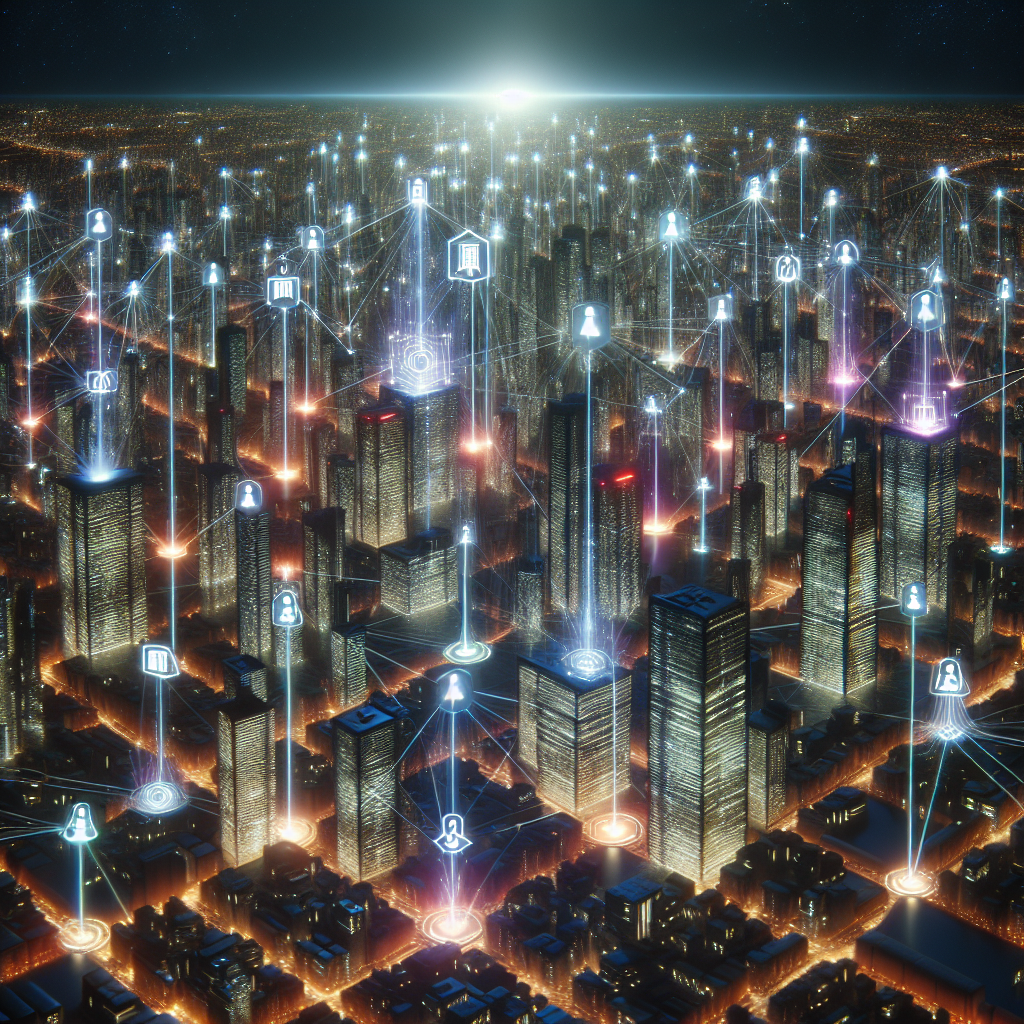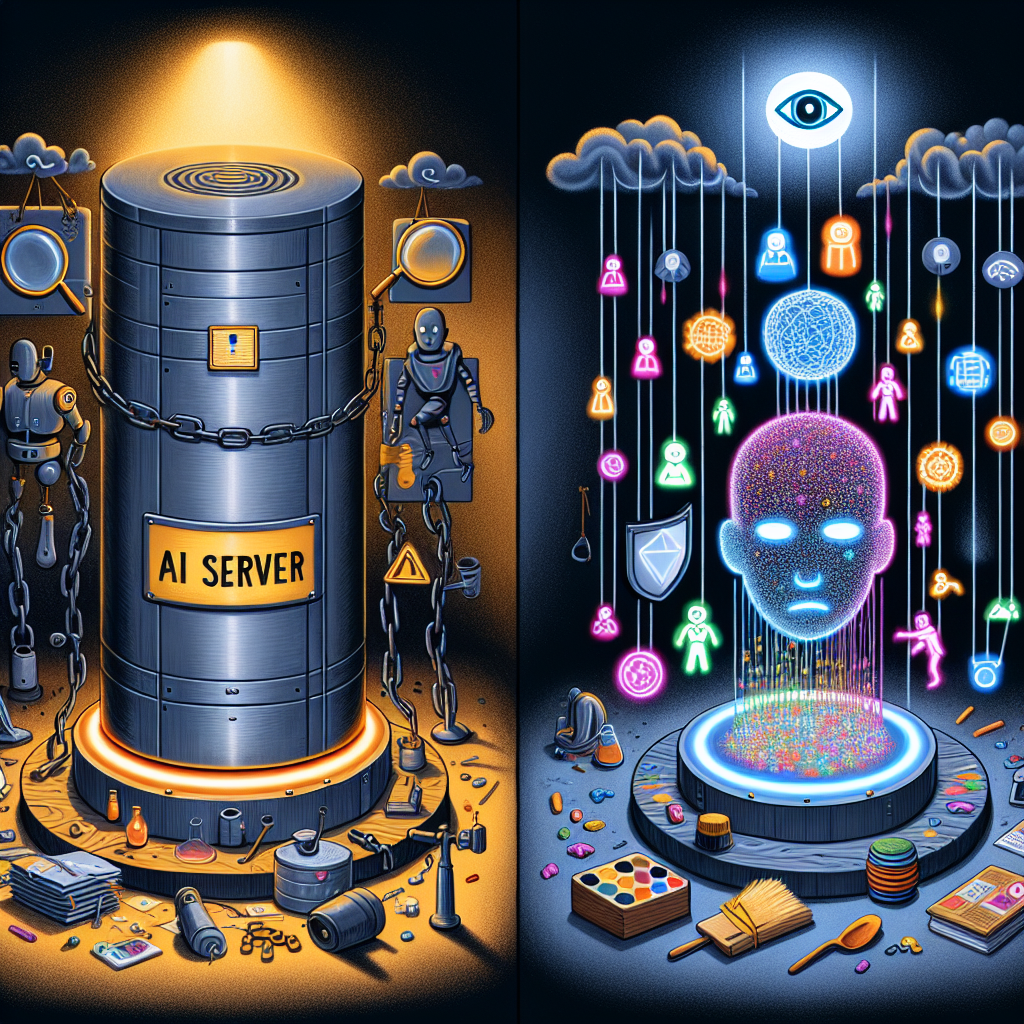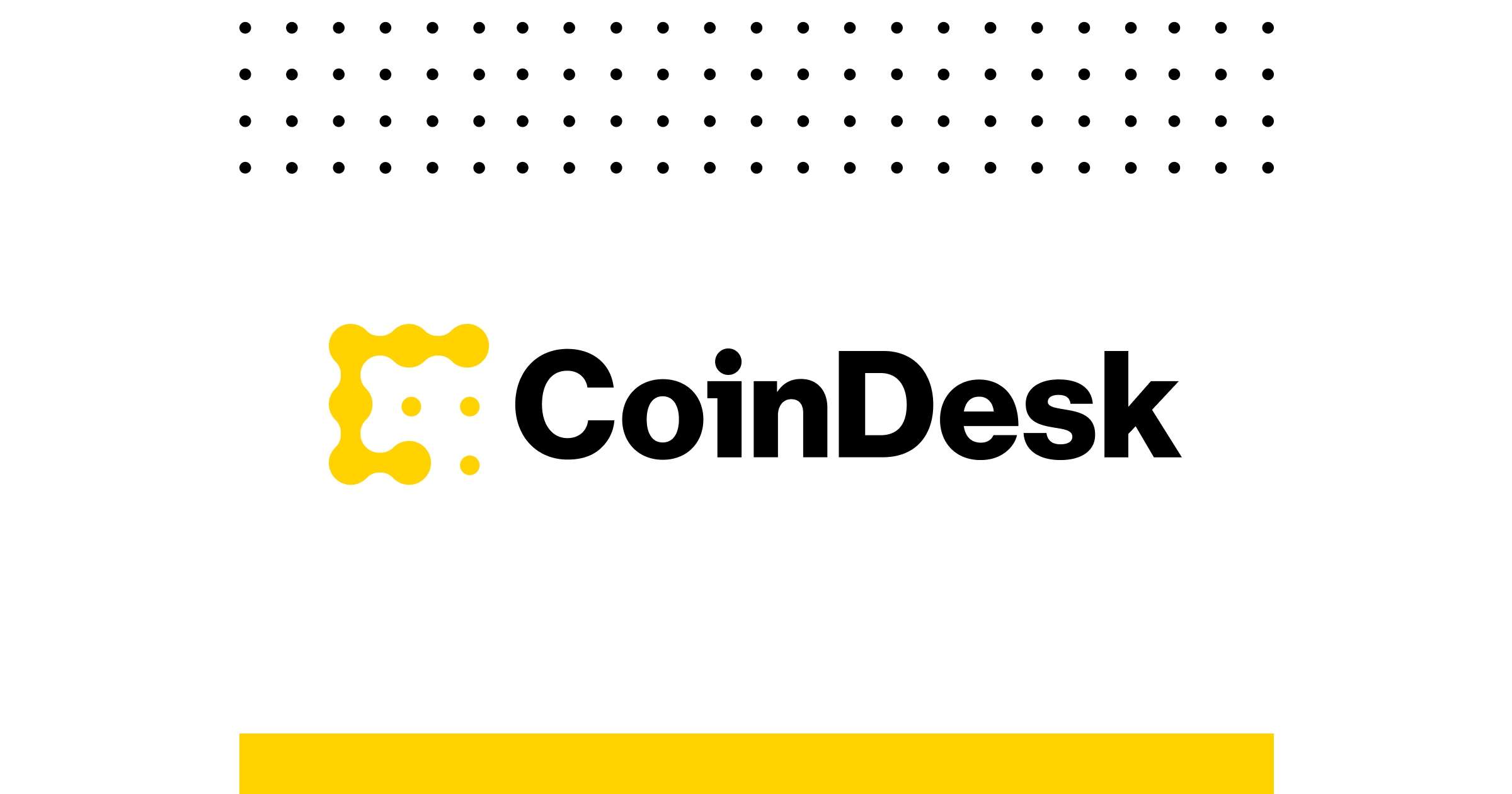The Case for User-Owned AI


In a world where technology is becoming increasingly integrated into our daily lives, the concept of user-owned AI is gaining traction. Just as individuals self-custody their bitcoin, the idea of controlling one's AI agent is being advocated by David Minarsch. The current reliance on rented digital assistants poses questions about who truly controls these AI systems and what happens if access to them is suddenly restricted or altered by the provider.
The shift towards user-owned AI is driven by concerns surrounding privacy, data security, and autonomy. Renting AI may be suitable for basic tasks but becomes crucial when the AI is entrusted with important decisions or sensitive information. The risks associated with centralized AI models include potential data misuse, lack of control over decision-making processes, and susceptibility to external influences such as monetization strategies.
Olas' innovative approach with Pearl entails a user-friendly platform that empowers individuals to run autonomous AI agents while maintaining complete ownership and control. By enabling users to manage their agents independently, Olas aims to mitigate the vulnerabilities associated with centralized AI systems.
This movement towards user-owned AI not only redefines how we interact with technology but also emphasizes individual agency and freedom. The shift from rented to user-owned intelligence offers increased transparency, security, and customization options. Embracing open-source AI models ensures auditable practices and peer-reviewed technologies rather than relying on proprietary solutions controlled by external entities.
The Case for User-Owned AI
You self-custody your bitcoin. Why not control your AI agent too? David Minarsch says we shouldn’t be trusting important tasks to rental agents.
Ultimately, choosing user-owned AI over rented alternatives signifies a conscious decision to take charge of one's tools, data, decisions, and future. By advocating for user-owned AI solutions, we are not only prioritizing security but also respecting the intelligence and autonomy of individuals in an increasingly digital world.
If your digital assistant disappears tomorrow, can you do anything about it? What if the company behind it changes the terms, restricts functionality, or monetizes your data in ways you didn’t expect? These are not theoretical concerns. They’re already happening, and they point to a future we should actively shape.
As these agents become embedded in everything from our finances to our workflows and homes, the stakes around ownership become much higher. Renting is probably fine for low-stakes tasks, like a language model that helps you write emails. However, when your AI acts for you, makes decisions with your money, or manages critical parts of your life, ownership isn’t optional. It’s essential.

What Today’s AI Business Model Implies for Users
Now, imagine that the provider begins prioritizing monetization, like Google Search does with its advertising-driven results. Just as search results are heavily influenced by paid placements and commercial interests, the same will likely happen with large language models (LLMs). The assistant you relied on changes, skewing responses to benefit the provider's business model, and there's nothing you can do. You never had true control to begin with.
This isn’t just a business risk; it’s a personal one, too. In Italy, ChatGPT was temporarily banned in 2023 due to privacy concerns. That left thousands without access overnight. In a world where people are building increasingly personal workflows around AI, this weakness is unacceptable.
On the issue of privacy, when you rent an AI, you often upload sensitive data, sometimes unknowingly. That data can be logged, used for retraining, or even monetized. Centralized AI is opaque by design, and with geopolitical tensions rising and regulations shifting fast, depending entirely on someone else’s infrastructure is a growing liability.
What It Means to Truly Own Your Agent
Unlike passive AI models, agents are dynamic systems that can take independent actions. Ownership means controlling an agent's core logic, decision-making parameters, and data processing. Imagine an agent that can autonomously manage resources, track expenses, set budgets, and make financial decisions on your behalf.
With true ownership, you know exactly what model you’re using and can change the underlying model if needed. You can upgrade or customize your agent without waiting on a provider. You can pause it, duplicate it, or transfer it to another device. And, most importantly, you can use it without leaking data or relying on a single centralized gatekeeper.

At Olas, we’ve been building toward this future with Pearl, an AI agent app store realised as a desktop app that allows users to run autonomous AI agents with just one click while retaining full ownership. Today, Pearl contains a number of use cases targeting primarily Web3 users to abstract the complexity of crypto interactions, with an increasing focus on Web2 use cases. Agents in Pearls hold their own wallets, operate using open-source AI models, and act independently on the user’s behalf.
We designed Pearl for crypto-native users who already understand the importance of owning their keys. However, the idea of taking self-custody of not just your funds but also your AI scales far beyond DeFi. Imagine an agent that controls your home automation, complements your social interactions, or coordinates multiple tools at work. If those agents are rented, you don’t fully control them. If you don’t fully control them, you’re increasingly outsourcing core parts of your life.
This movement is not just about tools; it’s about agency. If we fail to shift toward open, user-owned AI, we risk re-centralizing power in the hands of a few dominant players. But if we succeed, we unlock a new kind of freedom, where intelligence is not rented but truly yours, with each human complemented by an “army” of software agents.
It’s not just idealism. It’s good security. Open-source AI is auditable and peer-reviewed. Closed models are black boxes. If a humanoid robot is living in your home one day, do you want the code running it to be proprietary and controlled by a foreign cloud provider? Or do you want to be able to know exactly what it’s doing?
We have a choice: We can keep renting, trusting, and hoping nothing breaks, or we can take ownership of our tools, data, decisions, and futures.
User-owned AI isn’t just the better option. It’s the only one that respects the intelligence of the person using it.READ MORE: Olas' Mech Marketplace Enables AI Agents to Hire Each Other for Help



